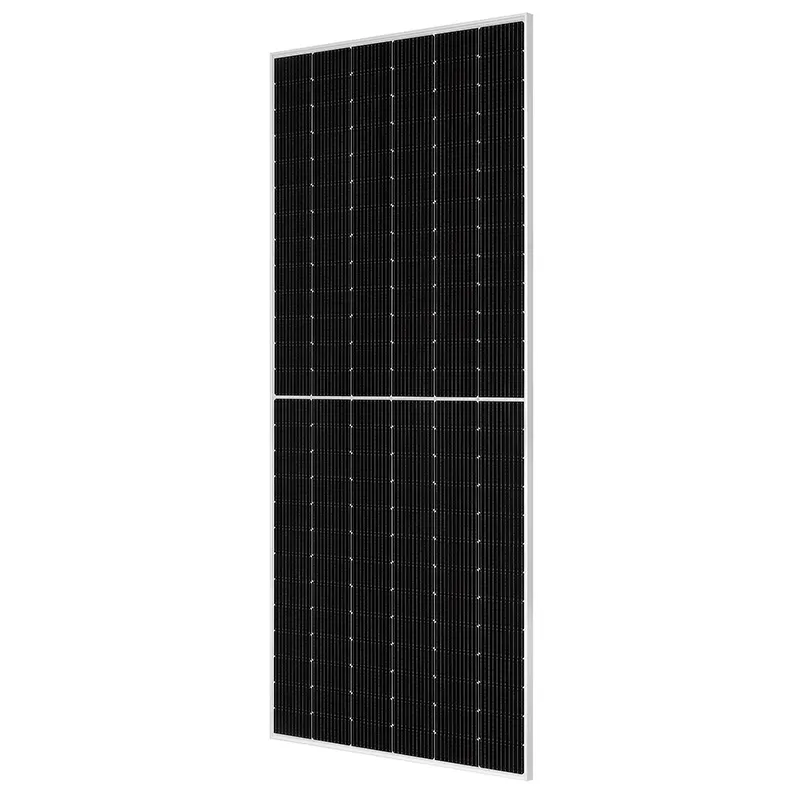Hybrid Solar Inverter
The Functionality of Hybrid Solar Inverters
In the ongoing quest for sustainable energy solutions, hybrid solar inverters have emerged as a groundbreaking technology that marries traditional solar energy generation with energy storage systems. This combination not only enhances energy efficiency but also provides a reliable alternative to conventional power sources, making it increasingly popular among environmentally conscious consumers and businesses alike. This article delves into the functionality of hybrid solar inverters and highlights their crucial role in modern energy management.
A hybrid solar inverter functions as a central hub for energy generation, storage, and distribution. Unlike standard solar inverters, which solely convert direct current (DC) generated by solar panels into alternating current (AC) for household use, hybrid inverters possess an additional capability they can interface with battery storage systems. This feature enables homeowners to not only utilize electricity generated during sunny periods but also store excess energy for use during cloudy days or nighttime.
One of the primary functions of a hybrid solar inverter is to manage the flow of electricity between the solar panels, battery storage, and the electrical grid. When solar energy is generated, the inverter first directs it to power household appliances. Any surplus energy is then sent to the battery for storage. If the batteries reach full capacity, the excess energy can be fed back into the grid, often generating credit for the homeowner through net metering. This dynamic energy management allows for greater energy independence and can significantly reduce electricity bills.
hybrid solar inverter function

Moreover, hybrid solar inverters often come equipped with advanced monitoring systems. These systems provide real-time insights into energy production, consumption, and storage levels. Users can track their energy use through mobile applications, making it easy to adjust their habits for optimal efficiency. The ability to monitor energy flow empowers users to make informed decisions about their energy usage, further promoting energy conservation.
Another critical function of hybrid solar inverters is their capability to provide backup power during outages. In regions prone to power interruptions, having a reliable energy source is essential. When grid power is lost, hybrid inverters can seamlessly switch to battery power, ensuring that essential appliances remain operational. This feature is particularly advantageous for homes in remote areas where grid reliability is questionable.
Additionally, hybrid solar inverters are designed to be future-proof, often allowing for expansion of energy systems. Homeowners interested in increasing their energy storage capacity or adding more solar panels can typically do so without needing to replace their inverter, ensuring longevity and adaptability of the system.
In conclusion, hybrid solar inverters represent a substantial advancement in the field of renewable energy. Their ability to convert solar energy into usable power, manage energy storage, and provide backup during outages makes them an invaluable asset for modern households and businesses aiming to enhance energy efficiency and sustain reliance on renewable sources. As technology continues to evolve, hybrid solar inverters will play an increasingly important role in our transition to sustainable energy solutions, providing both reliability and independence in energy management.
-
Unlocking Energy Freedom with the Off Grid Solar InverterNewsJun.06,2025
-
Unlock More Solar Power with a High-Efficiency Bifacial Solar PanelNewsJun.06,2025
-
Power Your Future with High-Efficiency Monocrystalline Solar PanelsNewsJun.06,2025
-
Next-Gen Solar Power Starts with Micro Solar InvertersNewsJun.06,2025
-
Harnessing Peak Efficiency with the On Grid Solar InverterNewsJun.06,2025
-
Discover Unmatched Efficiency with the Latest String Solar InverterNewsJun.06,2025







